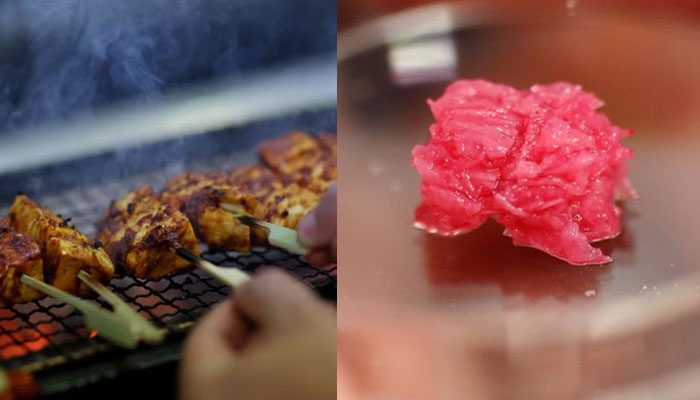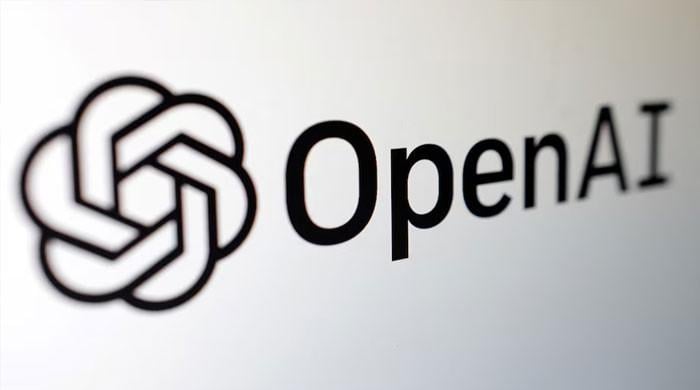Can lab-grown meat be halal, kosher? Experts weigh in
Three sharia epxerts and the Orthodox Union (OU) deemed the meat halal and kosher given some conditions
September 14, 2023

Lab-grown meat, produced through cellular agriculture, has received an important endorsement from panels of experts who assert that it can be labelled as kosher and halal, provided it adheres to religious standards in its cell sourcing and production methods.
This development is significant as it opens the door for observant followers of Judaism and Islam to potentially consume lab-grown meat products in the future.
Kosher foods are those that conform to the Jewish dietary regulations of kashrut (dietary law). The laws of kashrut apply to food derived from living creatures and kosher foods are restricted to certain types of mammals, birds and fish meeting specific criteria. The flesh of any animals that do not meet these criteria is forbidden by the dietary laws.
The recognition from these expert panels represents a positive milestone for the emerging cultured meat industry, as it seeks to expand its presence and accessibility.
Currently, cultivated meat is only available in limited quantities in the United States and Singapore. However, industry players are optimistic that with increased investment from both private and public sources, they can scale up production and influence dietary habits on a global scale.
Cultivated meat is fundamentally different from conventionally produced meat. It is generated from animal cells cultured in nutrient-rich solutions within controlled environments, such as steel vats.
This method eliminates the need for resource-intensive industrial farming and traditional slaughterhouses, aligning with the values of vegans, vegetarians, and environmentally conscious meat consumers.
One prominent player in this field, GOOD Meat, engaged a panel of three sharia experts who determined that cultivated meat could be considered halal, provided certain conditions are met.
Among these conditions is the requirement that the cells used for meat production must originate from animals slaughtered in accordance with Islamic law.
Although GOOD Meat's Chicken currently doesn't meet this standard, the ruling provides a roadmap for the industry to develop halal-compliant products in the future.
Additionally, the Orthodox Union (OU), the largest kosher certification agency, recently deemed that cultivated chicken produced by Israeli company SuperMeat met its standards.
The certification was based on the fact that the chicken cells were sourced from fertilised eggs before the appearance of any blood spots and did not contain any animal-derived ingredients. SuperMeat is now collaborating with the OU to establish broader industry guidelines.
Both kosher and halal dietary restrictions are followed by millions of people in the United States, making these certifications significant for market access.
More than 12 million individuals in the United States consume kosher products, and 8 million consume halal products, according to the Orthodox Union and the Islamic Services of America, a halal certification agency.
Furthermore, regulators in the United States have approved cultivated chicken for consumption, with select high-end restaurants already incorporating it into their menus.
As the lab-grown meat industry continues to develop and gain acceptance, it holds the potential to address dietary and sustainability concerns while accommodating the preferences and requirements of various consumer segments.











